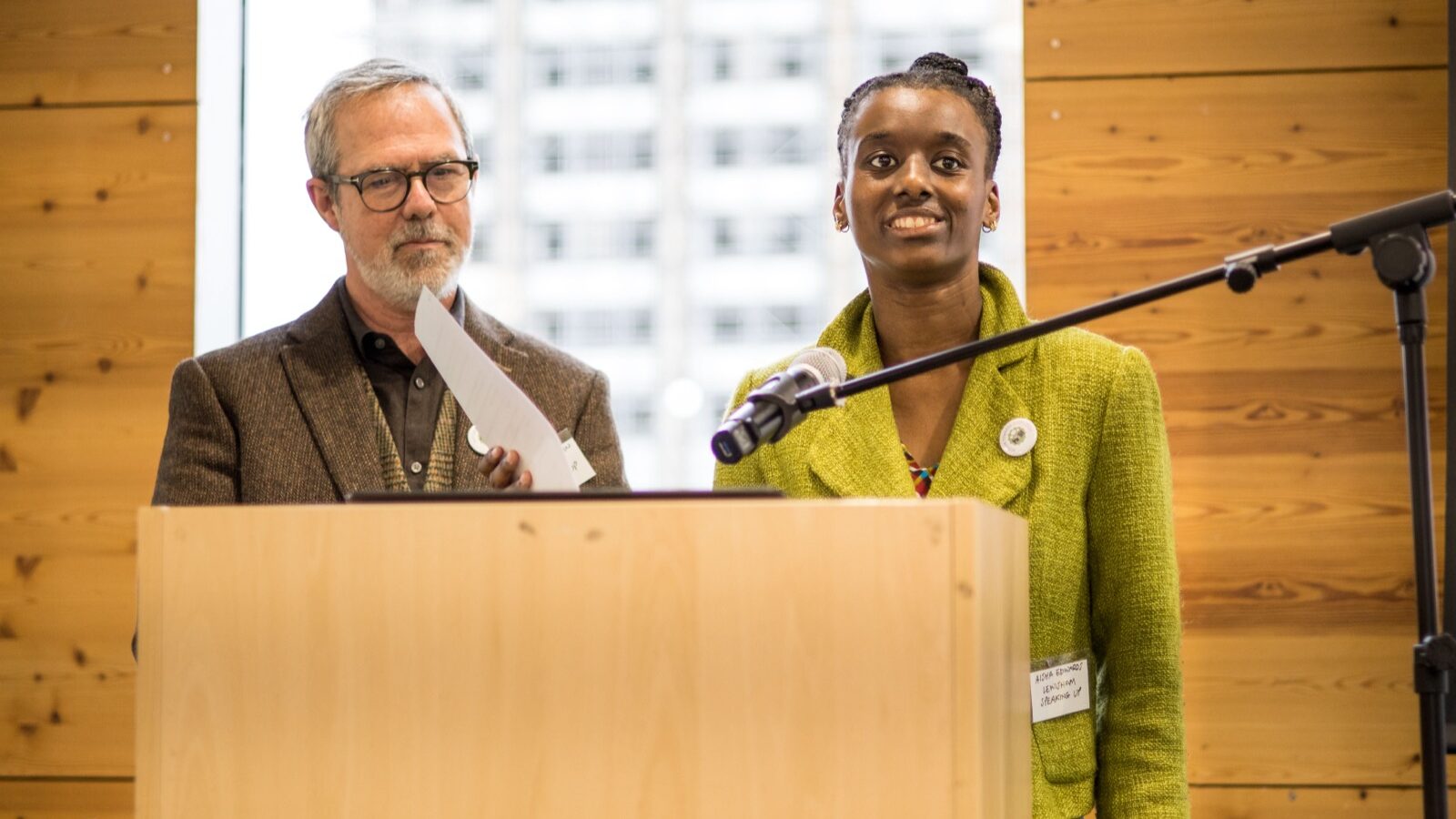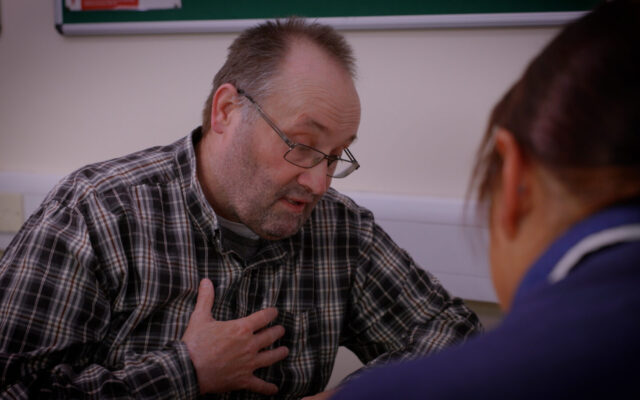The election dust has not settled so it’s hard to come to any conclusions about the new government. But a change in the highest level of public office can signal fresh hope.
One hope at Community Living, which for 35 years has supported the rights of people with learning disabilities and challenged assumptions about disability, is that the new incumbents finally act on the insights, needs and experiences of people too often overlooked.
From education to employment to housing and care, the injustices run deep. Councils face a £600 million funding gap in supporting children with special educational needs and disabilities. Fewer than one in 20 adults with learning disabilities in England are in paid work.
In addition, 2,045 people are still locked away – 13 years since horrific abuse at Winterbourne View sparked government promises to shut down such establishments.
Meanwhile, the evidence about shocking health inequalities regarding people with learning disabilities is irrefutable.
The backdrop? Our historically underfunded social care system, further eroded by austerity, Covid and Brexit, and the lack of any rights-based state strategy for learning disability.
It is half a century since the first white paper and 23 years since the second, Valuing People. This is still, surprisingly, the learning disability strategy for England. As my predecessor Simon Jarrett once wrote in Community Living, “this is only because no new strategy has been brought in to replace it. It has been allowed to wither on the vine”.
So we welcome Learning Disability England’s manifesto that sits alongside its 2021 framework Good Lives: Building Change Together. The manifesto, as Jan Walmsley writes, asks politicians to create positive change in health and social care as well as better (and more) employment and housing.
As Walmsley urges, it is also our responsibility as citizens to force these issues up the political agenda. People with learning disabilities should have the right to things everyone else takes for granted; this should not be an impossible request.
Saba Salman
Editor





